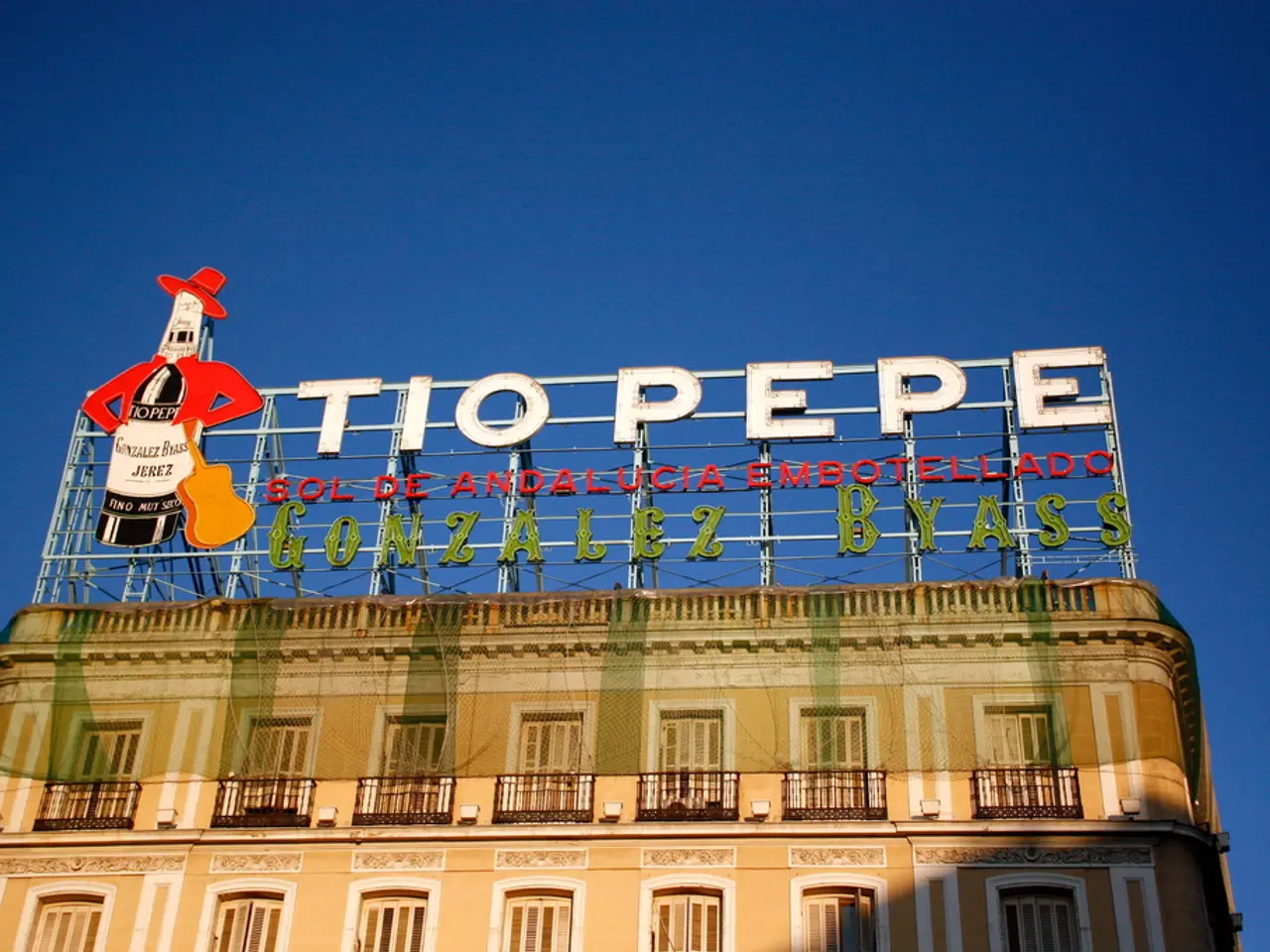Major Cryptocurrency Tether Disconnects Five Significant Blockchains in Surprising Strategic Move Sparks $110 Billion Market Upheaval
In a significant move, Tether, the world's largest stablecoin issuer, has announced that it will end its support for USDT on five blockchains - Omni, Bitcoin Cash SLP, Kusama, EOS, and Algorand, effective September 1, 2025. This decision aims to consolidate USDT on blockchains with higher user engagement and operational efficiency, primarily Ethereum, Tron, and Solana.
Action Required Before August 31, 2025
USDT holders on these five affected blockchains must redeem or migrate their tokens by August 31, 2025. Failure to do so will result in the freezing of USDT balances, making them non-transferable and irredeemable.
There are several methods to migrate USDT:
- Transfer USDT tokens to centralized exchanges like Binance or Coinbase that support USDT on Ethereum, Tron, or Solana. Exchanges typically facilitate token conversion to supported blockchains seamlessly.
- Use Tether’s official migration tool, accessible via web interface or command line. Users must verify ownership of the deprecated blockchain address and provide a destination address on a supported chain.
- Employ cross-chain bridges or compatible wallets (like MetaMask) to send USDT across networks. However, users should check transaction fees and risks of funds being stuck mid-transfer.
- Redeem USDT directly through Tether’s platform if available, but note that some restrictions may apply for non-U.S. residents.
Post-Deadline Consequences
After September 1, 2025, USDT on the five deprecated chains will be blocked. Holders will lose the ability to transfer or redeem these tokens, effectively rendering them worthless.
This phase-out reflects Tether’s strategic shift to focus on scalable, developer-active ecosystems and Layer 2s like Lightning, Bitcoin's Lightning Network, Solana, Ethereum Layer 2s (Arbitrum, Optimism), DeFi-focused blockchains like Avalanche, Polygon, and Near.
Important Considerations
- All redemptions must comply with Tether's Terms of Service.
- The move could potentially affect users who are unaware or slow to act.
- There are concerns that freezing tokens on public ledgers for inactive chains could raise issues about centralization.
- Tether's focus on newer blockchains and Layer 2 ecosystems could potentially affect users who are unaware or slow to act.
- Developer contributions to SLP and Omni repositories have stagnated or ceased entirely.
- EOS and Algorand USDT wallets had less than 1% rolling activity per month in 2024 - 2025.
- Tether has seen significant decreases in the volume of transactions and community interest on the affected blockchains.
- The USDT supply on Omni has decreased over 95% since 2021.
Tether advises all affected users to take immediate action, either by redeeming existing USDT through Tether or using a third-party service provider for migration. Affected chains include Omni Layer, Bitcoin Cash SLP, Kusama, EOS, and Algorand.
Tether controls more than 60% of the stablecoin market with over $110 billion in circulating USDT as of July 2025. The company's move to focus on blockchains with lower fees, better throughput, and active development is a deliberate reallocation of technical and operational resources toward newer blockchains and Layer 2 ecosystems.
Meanwhile, MakerDAO's DAI is becoming more composable through multi-chain vaults, and Circle's USDC is expanding on Ethereum Layer 2s. It seems that the stablecoin market is undergoing significant changes, with Tether leading the charge toward more efficient and active blockchain ecosystems.
- Tether, the world's largest stablecoin issuer, is requiring USDT holders on five blockchains to redeem or migrate their tokens by August 31, 2025, with the affected chains being Omni, Bitcoin Cash SLP, Kusama, EOS, and Algorand.
- Failing to comply with this action will result in frozen USDT balances, making them non-transferable and irredeemable.
- There are several methods to migrate USDT, including centralized exchanges like Binance or Coinbase, Tether’s official migration tool, cross-chain bridges, compatible wallets like MetaMask, and redeeming USDT directly through Tether’s platform.
- After September 1, 2025, USDT on the five deprecated chains will be blocked, rendering them worthless due to the loss of transfer and redemption abilities.
- Tether's strategic shift aims to focus on scalable, developer-active ecosystems and Layer 2s like Lightning, Bitcoin's Lightning Network, Solana, Ethereum Layer 2s (Arbitrum, Optimism), DeFi-focused blockchains, and sidelining newer blockchains with lower fees, better throughput, and active development.
- The move could potentially affect users who are unaware or slow to act since tokens on public ledgers on inactive chains may be frozen after the deadline.
- Concerns have been raised regarding centralization due to the freezing of tokens on public ledgers for inactive chains.
- Tether’s focus on newer blockchains and Layer 2 ecosystems may also have an impact on users who are unaware or slow to act.
- Tether advises all affected users to immediately take action, either by redeeming existing USDT through Tether or using a third-party service provider for migration, as it controls more than 60% of the stablecoin market and its switch to more efficient and active blockchain ecosystems could significantly alter the stablecoin market.




